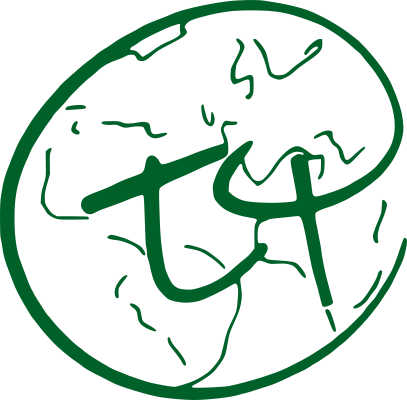Abstract
ITA:Le proposte formative proprie a differenti livelli d’istruzione e rivolte al mercato del turismo sono oggi sempre più articolate e diversificate. Tuttavia rimane ancora molto da fare per migliorare e valorizzare le competenze soft: leadership, imprenditorialità, gestione delle emozioni, public speaking. Partendo da Boyatzis (1982) circa la competenza come comportamento determinante i risultati professionali e considerata la prestazione individuale misurabile secondo quanto segnalato da Kaneklin et al. (2006), lo studio parte dai risultati di una metodologia d'indagine specifica (Bustreo e Russo, 2015) e coinvolge studenti diplomandi in diversi corsi di Master turistici e professionisti operanti nel settore. L'obiettivo è quello, da un lato, di identificare qual è la consapevolezza rispetto alle proprie competenze trasversali di successo (CTS) possedute da giovani formandi inseriti in un percorso educativo di formazione avanzata; dall'altro, di raccogliere le proiezioni verbalizzate da un gruppo di professionisti operanti nel settore rispetto alle CTS ricercate nelle proprie attività d’inserimento professionale. I risultati dell’indagine permettono di mettere adeguatamente in luce quali siano le aree in sovrapposizione e quali siano disallineate tra le richieste professionali e le competenze dichiarate. Ovvero: cosa offre la formazione del settore e cosa chiede il mercato per essere oggi abili professionisti del turismo? ENG:Tourism managers’ employment and entrepreneurial activity are relevant topics nowadays. The university curricula in this field have become extensive and well-structured on different levels. They are mainly focusing on hard skills, while Soft Skills - like leadership, entrepreneurship, emotion management, public speaking, time management and so on – must also be learned, improved, enhanced. Starting from Boyatzis (1982) who valued competence as determining valid professional results and considered that individual performance should be measurable and comparable through numerical evaluation and according to what was stated by Kaneklin et al. (2006), the current research develops from a specific investigation methodology (Bustreo e Russo, 2015) and involves a group of graduating students in different higher education courses in the tourism area and a group of tourism professionals. The objectives are, on the one side, identifying students’ awareness of their own successful cross-competences (SSC) in advanced education; on the other side, singling out the cross skills a group of professionals operating in the field basically require when interviewing a candidate. The survey allows to comprehend better what are the overlapping areas and what areas are not, between professional demand and declared students’ competences. That is, what does education in the field offer and what does the market require to be competent and able tourism professionals today?
Download
Bustreo M., Micheletto V., Quaratino L., Fiorentino D. (2016) "In viaggio verso la professione turistica. Competenze trasversali di successo tra domanda e offerta
", Turismo e Psicologia, Pubblicazione 2016(2), 14-25.
Year of Publication
2016
Journal
Turismo e Psicologia
Volume
Pubblicazione 2016
Issue Number
2
Start Page
14
Last Page
25
Date Published
12/2016
ISSN Number
2240-0443
Serial Article Number
4
Issue
Section
Articles

 © 2025 Padova University Press - Università degli Studi di Padova
© 2025 Padova University Press - Università degli Studi di Padova